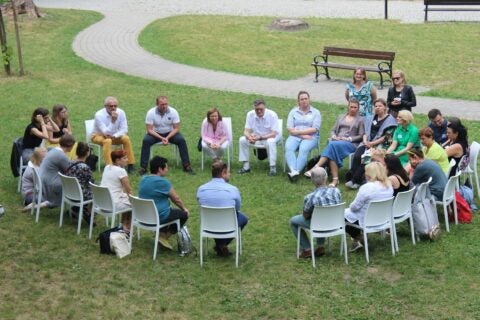HOME *
Exploring accountability for health rights
Special Section Guest Editors: Paul Hunt and Anuj Kapilashrami

Institutional corruption and human rights in mental health
Special Section Guest Editors: Alicia Ely Yamin, Camila Gianella Malca, and Daniela Cepeda Cuadrado

Health care justice for deaf women
Carolina Tannenbaum-Baruchi and Orli Grinstein-Cohen on improving emergency response



